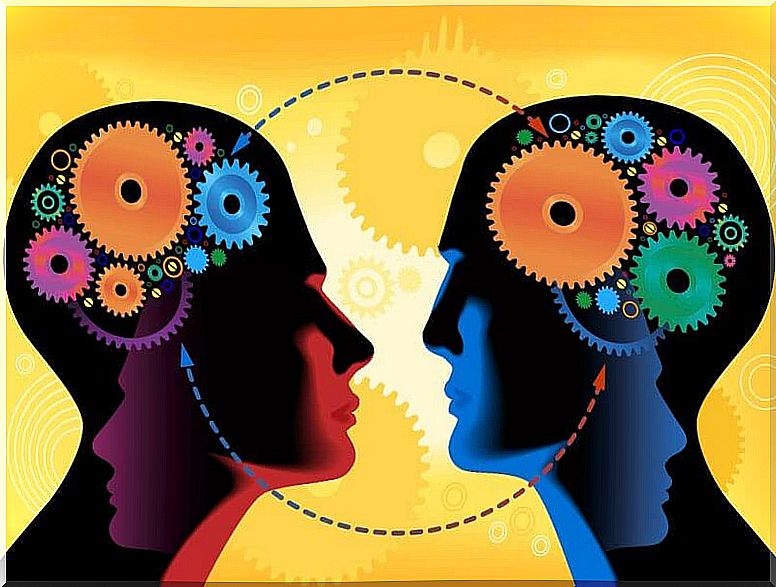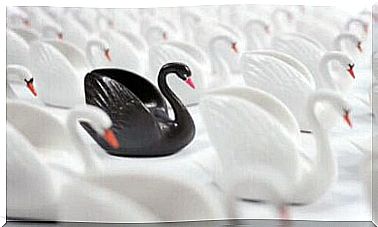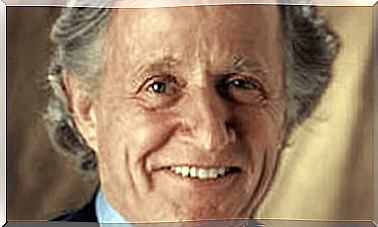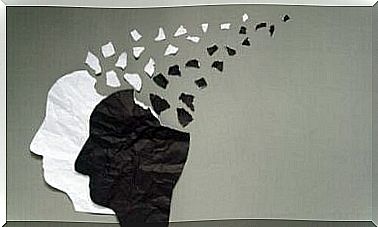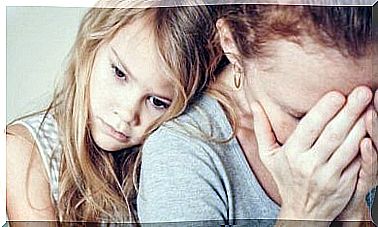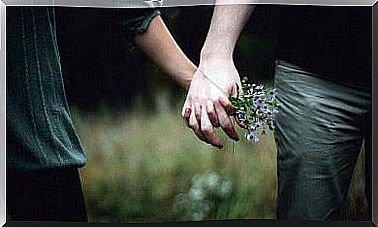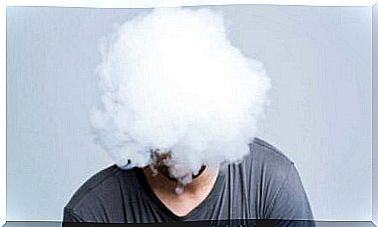Social Learning By Albert Bandura

We know Albert Bandura as the father of social learning, and as one of the most influential psychologists of all time, so much so that last year he received the Science Medal at the White House.
At a time when behaviorism dominated the psychology of learning, Bandura went one step further and formulated his theory of social learning. From then on, he began to give importance to the cognitive and social processes that were at play in learning, and not just to consider the associations made between the stimuli or the rewards that follow the behaviors, as had been done. until then behavioralism.
However, Bandura recognizes the role of behaviorists who emerge in the environment and he realizes that they are an important part of learning, but not the only one. For this author, the reward is only necessary for the execution to occur, not the learning itself.
Our inner world is essential when it comes to integrating new behavior into our repertoire or carrying out those we already have, but were not able to perform. Much of our current behavior is due to imitation or vicarious learning of role models that have been important to us.
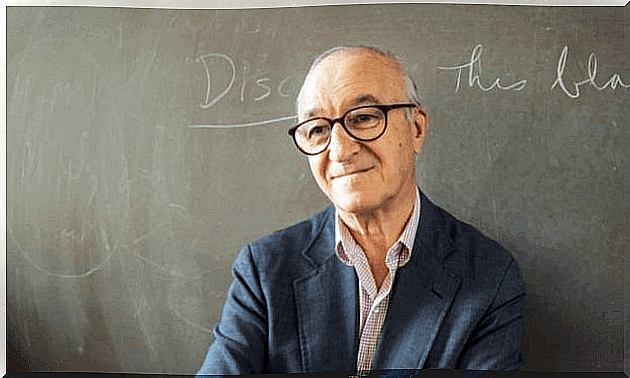
According to Bandura, when we talk about learning, there are three components that interact with each other : this is called reciprocal determinism, or triadic reciprocity. These three components are therefore: the person, the environment and the behavior. Therefore, the environment influences the subject and his behavior, but the subject also influences the environment through his behavior, and the behavior on the subject himself.
We learn by observing others, and our environment. Not only do we learn by rewards or punishments as the behaviorists postulated, but simple observation would already produce certain learning effects in us without the need for direct reinforcement.
As part of the famous Bobo doll experiment carried out by Bandura, we can observe these effects. It was carried out after children between three and five years old who were divided into two groups. One group was shown an aggressive model and the other group was shown a non-aggressive model. Each group observed in a room with toys the model that corresponded to them, and were aggressive or not with the Bobo doll, so that the children learned in the same way to be aggressive or not to be aggressive with the said doll. .
This fact holds great significance for psychology, and therefore one can understand why some people behave the way they do. For example, the defiant behaviors of some adolescents who were born into unstructured families and who were exposed to certain behaviors were ultimately learned by imitating their role models and are an integral part of their way of being.
According to Bandura, in addition to the three basic elements just mentioned, there are a series of processes that are necessary for observational learning to occur:
- Attention process: the attention focused on the model performing the action to be learned is fundamental. As part of this process, variables such as intensity of stimulation, importance, size, ease of being discriminated against, novelty or frequency influence. Other variables are specific to the performing model: gender, origin, age or the importance given by the observer can modify the attention process. As for the variables of the situation, it has been observed that the most difficult tasks cannot be copied and that the easier ones, not bringing much to the subject, lose their attention.
- Retention process: this is a process closely linked to memory. It allows the subject to adopt the behavior, even if the model is no longer there. The association of what is perceived by the observer with the elements already known beforehand and the cognitive practice of what has been learned can help to maintain the capacity of retentive memory.
- Reproduction process: this is the transition from what has been learned such as images, symbols or abstract rules to concrete and observable behaviors. For this, the subject must have the basic skills to carry out the behavior to be learned, and have its basic components in his repertoire of behaviors.
- Motivational Processes: This is the other important process for the execution of the learned behavior. The functional value of the behavior can determine whether it is carried out or not. This value depends on direct, vicarious, self-produced or intrinsic incentives.

There are three different types of effects that can occur by observing the behavior of a model: the acquisition effect, the inhibitory and uninhibitory effect, or the facilitation effect.
- The effect of acquiring new behaviors: the subject acquires new skills and new behaviors through imitation and the rules necessary to complete them and develop new ones in the same line of action. Learned behaviors are not just motor skills; you also learn emotional responses.
- The inhibitory and disinhibitory effect: if the previous effect generated the acquisition of new behaviors, this one promotes the disinhibition or inhibition of those that already exist by means of motivational changes. It is within the framework of this variable that the perception of capacity of the subject himself or the consequences that the model receives through his action come into play.
- The facilitation effect: finally, this effect refers to the ease provided by observational learning to carry out, to the greatest extent, behaviors that already exist and are not inhibited.
Most of our behaviors we have learned through imitation. Even if it is certain that the temperament, of more biological origin, plays an important role, the models which surround us are even more so. The fact of being shy, of speaking more or less quickly, our gestures, the fact of being an aggressive person or of having a phobia are, in part, learned by modeling.
Bandura’s social learning theory has not only been relevant in understanding why people behave in certain ways, but also in dealing with those behaviors seen as maladaptive through observing new patterns that, for example, overcome their difficulties. fears, behave adequately and moreover are rewarded for it.
